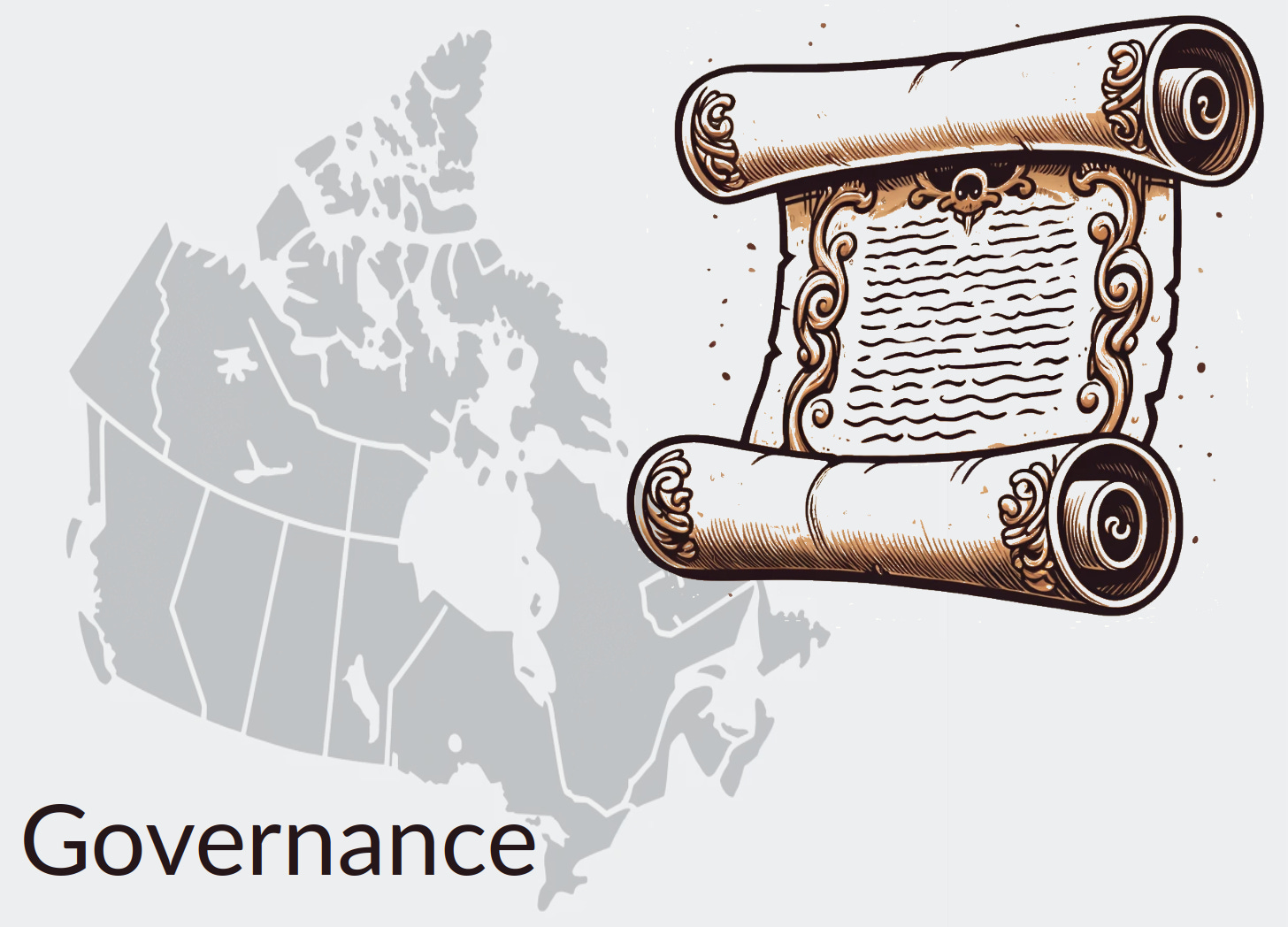What Canada's Underground Economy Tells Us About Our Tax System
One way or another, we’ve all been exposed to the underground economy. Whether it’s sending your kids to a “cash only” home-based daycare business, buying produce at a “pop-up” roadside farmer’s market, or not reporting taxable income from a basement apartment rental.
I’ve always avoided that approach to business. That’s not because I’m some kind of saint (or idiot). I hate paying taxes as much as the next guy. Instead, it’s because I don’t like exposing my family to risk. Running an unlicensed (and, as a result, uninsured) daycare means that a multi-million-dollar liability is just a single unexpected accident away (along with child endangerment charges). Completing a home renovation without the necessary inspections can be deadly. And the CRA could make my life deeply miserable if I’m ever caught evading taxes.
According to Statistics Canada, the total estimated value of the underground economy gross domestic product (GDP) at market prices in 2023 was $72.4 billion. That’s worth 2.5 percent when measured as a proportion of the official GDP. They similarly assume that $627 million worth of rents and $3 billion in residential construction were never reported, which is 0.9 and 4.2 percent (respectively) of those total markets. Skimming (i.e., underreporting transactions) added up to $5.6 billion, or 7.7 percent of the industry.
Back in 2014, CRA estimated that the federal government lost around $8.6 billion dollars in federal tax revenues to unreported income. That was around 6.4% of total personal income tax revenues.
Since the whole point of an underground economy is to not tell governments what you’re doing, where does Statistics Canada get those figures? Well there’s obviously a lot of estimating going on. They use some widely-adopted assumptions about hidden economic activity which are applied to data from sources like the Survey of Household Spending (SHS), Business Register, Quarterly Survey of Financial Statements, and Monthly Survey of Manufacturing. Statistics Canada notes that their estimates are “upper-bound”, meaning they’re giving us the maximum plausible size of the underground economy.
All that’s nice enough, I suppose. But how is this discussion relevant to policy? That’ll take us back a few months to my thought experiment: What if Canada's Income Tax Rate Was Zero?
You might recall how I suggested that sharply reducing income and consumption taxes could, to some degree, end up paying for itself. The idea was that such changes could lead reducing the drag on GDP imposed by the complexity of our tax system and to increased economic activity. Those two outcomes could, in turn, stimulate various streams of government revenues.
We closed out that discussion by acknowledging how, realistically, no single change to the tax system would solve all our problems. But then, even a 10 or 20 percent improvement would be better than nothing. And perhaps there are enough “10 percent” solutions out there that could add up to something significant.
Well here’s one more data point. A hypothetical 50 percent drop in personal tax rates could, by reducing some existing hostility towards compliance, bring between $5 and $14 billion of that $72.4 billion underground economy back “inside” the system. That could arguably replace as much as $2 billion in estimated lost tax revenues. Assuming two percent annual growth of the newly-legal sector of the economy, annual tax revenue gains could rise as high as $5 billion.
Given that those lost revenues would probably top $100 billion a year, such a change certainly wouldn’t pay for itself. But perhaps there’s a perfect balance of tax cuts and revenue recovery mechanisms lying somewhere in between.
Funding every new half-baked spending scheme by obsessively adding to Canadians’ tax burden is driving more people to the underground economy. Is anyone even trying to game out alternatives?



When I think about Canadians’ reputation for following rules - like the old joke about how you get 20 Canadians out of your swimming pool? You say, please get out of my pool - the first thing that pops into my head whenever someone starts talking about the underground economy is that the very existence of that underground economy is a statement that taxes are too high. Nothing will shrink the grey economy faster than broad based tax relief.
The average Canadian, with employment income and an RRSP and no multiple income streams should be able to file her income tax return on a postcard. Instead, our system becomes more complex and Byzantine every year. We’re now at the point where the system is so overcomplicated that when consumers call Revenue Canada for help, even the taxman often gets it wrong.
So using your example / assumptions, a middle ground would involve gaining $2.5bn while losing $50bn in lower rates. Hmm.
To take the business approach this column seems to favour, why not reduce transaction stickiness and see what we get in terms of increased GDP? A pilot to automatically prepare personal returns for a random sample of Canadians could tell us a lot I bet. Send everyone a letter with their calculated tax based on existing documentation from employers or , their RRSP assessment, and 30 days to approve or file their own, and let's see. I bet the person hours saved alone, and the hours liberated internally for audit, will justify the cost of the system.